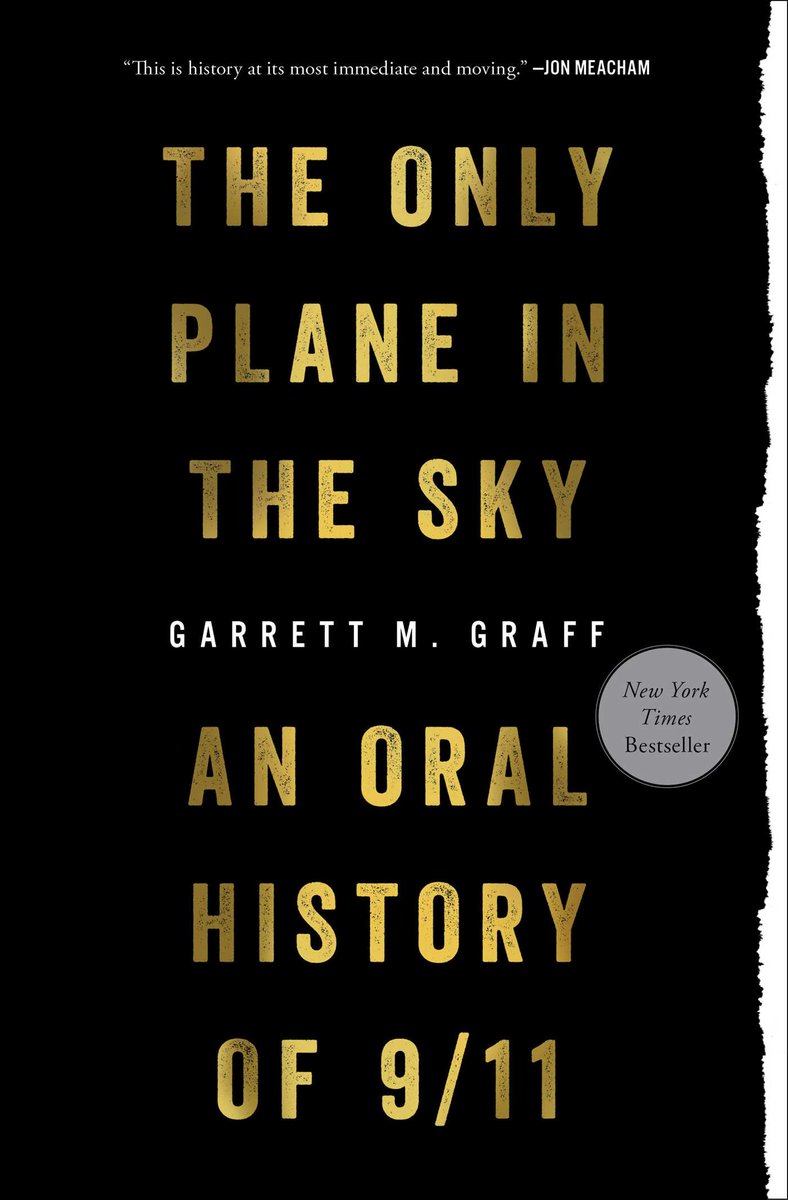
THREAD: Covering election results will be one of the hardest challenges the news media has faced in modern history. @vivian & I talked to a lot of smart people and came up with 10 principles that news orgs should abide by as they prepare their coverage: cjr.org/politics/2020-…
If you're a reporter or editor, I hope you'll take a few minutes to read these principles & think about what it means for your own work and your own news organization and how you should responsibly report and frame the unofficial tallies on election night: cjr.org/politics/2020-…
1) Problems are not failures. Make sure to draw lines between "normal stuff" going wrong and systemic failures. Not every mishap is evidence of a rigged system. At the same time, there are already signs of suppression & trouble—and systemic problems should be reported as such.
2) Know the calendar. Know why December 8th and 14th matter. The public expects winners within hours of the polls closing, but just because a state takes a week or longer to finalize results, that doesn’t jeopardize the integrity of the system.
3) Manage expectations using careful language. The news media can unintentionally mislead the audience about the media’s role. Be precise. The media “projects” winners; it should not “declare” a winner, “call” a race, or “count” a vote.
4) Explain this year will be different. Many states aren't going to initially know their “denominator,” eg, how many total ballots have been cast, because of the flood of mail-in and absentee ballot. That # is critical for "projecting" a winner; thus, "projecting" might be slow.
5) Prepare for a possible shift as ballots are counted. Some races (and entire states) that look close on election night might not end up close at all, and what looks like an early lead might evaporate. None of these shifts should be considered prima facie evidence of fraud.
6) Provide vote counts and election numbers in context. The way tallies are presented or reported can unintentionally undermine trust in the legitimacy of the election—especially this year, when record levels of mail-in votes will add complexity.
7) Don't say results are “late” because the winner isn’t known on election night. If the election is a blowout, we’ll know Tuesday or Wednesday. If it’s close, it’s normal and lawful for counting to continue for weeks. What you think is “slow” isn’t. It’s the system functioning.
8) Don’t parrot premature claims of victory. Don’t allow candidates to cast doubt on the legitimacy of results just by being first to declare victory. Don’t frame such claims as “both sides” disagreements—e.g., “Candidate X says he’s won, while his opponent says he hasn’t.”
9) Hold officials accountable without undermining confidence in the system. How reporters frame and report on controversies, problems, and candidate complaints will help determine public confidence in the integrity of the outcome.
10) Be prepared. Ground yourself in data, history, and constitutional and electoral law. Well before Election Day, news organizations should work to vet and line up a host of credible experts and analysts beyond the “normal” pundits, like constitutional and electoral law experts.
There's a lot more (and specific examples and positive examples) in the full @aspendigital piece that @vivian and I wrote for @cjr. If you're a reporter or editor, think what this means for your own coverage and prep work over the next 15 days. cjr.org/politics/2020-…
There's time for news organizations to prepare and time to be smart. There should be no excuse for journalists who fail our country and our democracy on election night this time. It's too important to risk getting wrong.
• • •
Missing some Tweet in this thread? You can try to
force a refresh



